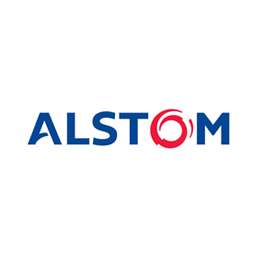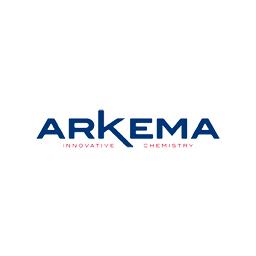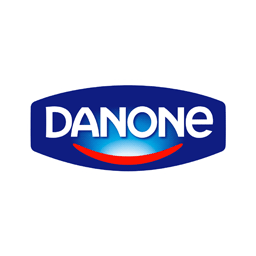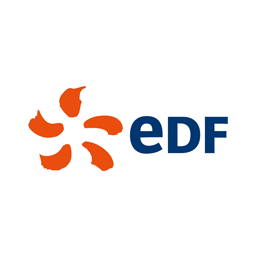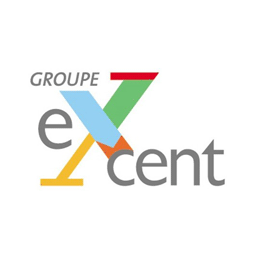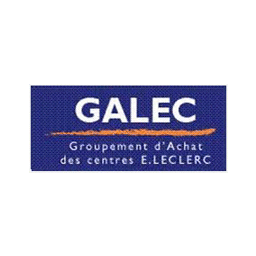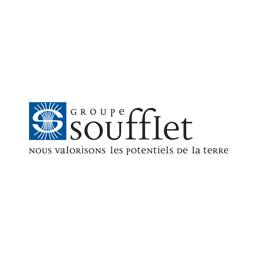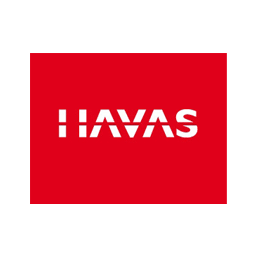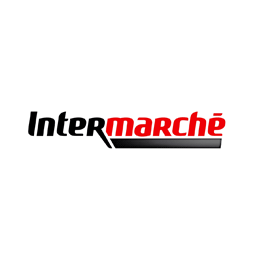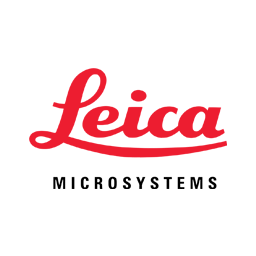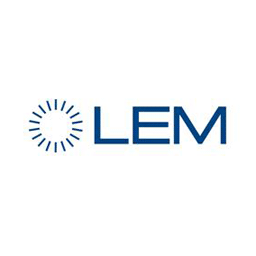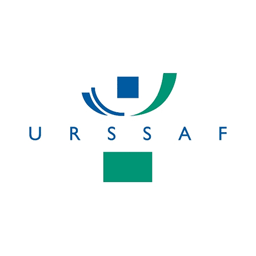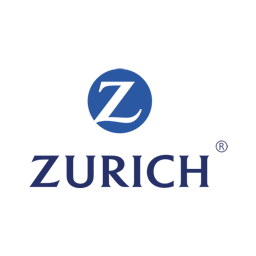Overview
1st station of the Application Migration Factory, Audit Station enables you to engage the migration of your HCL Notes Domino infrastructure.
As a highly automated solution (previously called Info NSF), Audit Station (AS) has been used by many clients for more than 5 years and is considered essential for converting or migrating content from within Notes applications. AS identifies business-critical applications requiring a migration to a new platform such as Microsoft SharePoint and allows to consolidate and then to shut down Domino servers.
Used with its companion product Notes Extractor, AS helps prepare data migration to new formats such as web (HTML/XML), XSL, EML, PDF, CSV and much more.
Do you want to preserve your existing Domino infrastructure? Do you want to optimize or upgrade it?
Have you decided to outsource or to migrate your infrastructure?
AS enables you to achieve this transformation in the best conditions and at a lesser cost, and it helps maximize your investment by reducing costs and related expenses.
More information on AS companion products: Notes Extractor and SharePoint Provisioner.
Discover the Application Migration Factory (which Audit Station is part of), the complete offer to archive, migrate, convert, transform your data and Notes applications with a budget and a controlled schedule.
Recurrent audit of all the bases of an Infrastructure
Using Audit Station allows you to schedule regular audits of your entire Domino Notes infrastructure, enabling you to gain efficiencies and ensure good management of the databases hosted on your servers. Conducting regular monitoring is easy with our solution. The examples of use cases below, will allow you to get a good idea of its application and their contexts.
Global application audit
A large French industrial company with production plants in more than 100 countries chooses to audit its installed application base across 260 + Domino servers. Audit Station Satellite databases are set up on Hub servers in geographical zones (US, Africa, France, Europe, South America …) and audits are launched. After 3 weeks, the 115,000 Notes databases are audited and results are synchronized to 2 Application Dashboard databases (one for the US and one covering the rest of the world).
Complexity analysis for the application base
A Swiss insurance company wants to determine the application complexity of their Notes databases in order to migrate to a standard package. Databases on the different application servers are audited and segmented. Inactive databases or system databases used for the Domino server to run properly are discarded. On the remaining databases, grouping by Template type or by Template resemblance allows to highlight about twenty different database types. A deeper analysis of these Templates will help determine their compatibility with the target package and assess the number of days needed for redevelopment.
Decommissioning Domino servers
A French food company wants to reduce the number of its Domino servers by removing inactive databases, including QuickR spaces. The AS audit can identify QuickR spaces and group all the Notes databases of a QuickR space (Main.nsf + PageLibrary_XXX.nsf). Information related to activity or to the occupied disk space are displayed by QuickR (functional vision) and no longer by single NSF database. Inactive QuickR spaces are exported as Read-Only archive files (XML + HTML) via the Notes Extractor tool.
Application migration scenario
A Japanese medical company wants to analyze scenarios to migrate their Notes application base to another technology (e.g. SharePoint). The application database audit is performed on all applications servers. Databases are categorized according to their types (Mail, Document, Forum, Team Room or other application databases). The content of document-oriented Notes databases (Mail, Library, Team Room, Forum, etc.) can be transferred to standard SharePoint sites (List). Analyzing the involved volumes allows to scale the architecture of SharePoint servers that should receive data. Analyzing application databases allows to determine the migration effort (number of man-days) necessary for redeveloping the application in SharePoint. The Notes applications which are too complex to be hosted in a SharePoint site are identified.
For helping the daily management of the Domino infrastructure:
- Complete audit of all Notes databases hosted on servers, and segmentation by type (mail databases, application databases, system databases ...).
- Database activity/inactivity analysis (people identification, number of document creations/modifications/deletions, read access ...).
- Volume analysis (distribution of volume across servers, database content analysis ...).
- Number and volume changes on the application portfolio (databases and documents created each year ...).
- Monitoring of extreme values (Top 30 of the largest databases, database with the highest number of documents, database with the largest activity, database used by the highest number of users, database hosting the largest number of code lines ...).
- Alerting on detected anomalies (non-compliant ACLs, invalid Replica IDs, hardcoded server names ...).
- Scheduled report generation (Excel files) on all items detected during audits.
For a consolidation project on Domino servers:
- Providing the list of servers that can be decommissioned.
- Computing the activity of all Domino servers (summing the activity for all databases hosted on each server).
- Selecting application databases that are still active on these servers.
- Identifying the geographical places from which the users access active databases.
- Weighting active databases according to their importance (number of users accessing them).
For databases hosted on servers to be deleted and that should be moved:
- Identifying replicas hosted on other servers.
- Computing the compliance of a database with its server (server name present in the code, setting documents, ACL ...).
- Identifying Agents with a scheduled execution on this server.
- Analyzing links between databases (dependency of a database on other Notes databases).
- Searching dependencies between databases and external information systems (access to a SQL database, file import/export ...).
For a project of inactive Notes databases' archiving:
- Detecting inactive databases over a long period (6/12/24 months).
- Scaling volumes concerned by archiving (documents, attached files, encryption).
- Automatically identifying the owners of these databases (list of content contributors).
- Using the communication module in order to ask these users what to do with these databases (preservation/deletion/archiving).
- Ability to extract documents from these databases as open files (XML/HTML) for long term back up (Notes Extractor add-on).
Minimizing HCL license and maintenance fees as well as administrative costs of your infrastructure by reducing the number of servers and enabling the conversion and migration of application data to open and standard formats.
Simplifying and optimizing your mailing and collaboration system on a daily basis, with less Domino servers to manage due to the removal of mail boxes and of many inactive applications and replicas.
Significant improvement in Domino server performances resulting in better quality SLAs, for great user satisfaction.
Improved vision to prepare and initiate a platform migration by limiting unexpected events and hidden costs.

Try Audit Station for free
Discover all the power of Audit Station:
- A COOPERTEAM consultant will demonstrate the power and richness of the features of Domino Application Dashboard.
- Get 24-hour email support from our dedicated team
- Live demo and product presentation available
- No credit card required
Start taking advantage of our solution Audit Station for free by completing the contact form.




